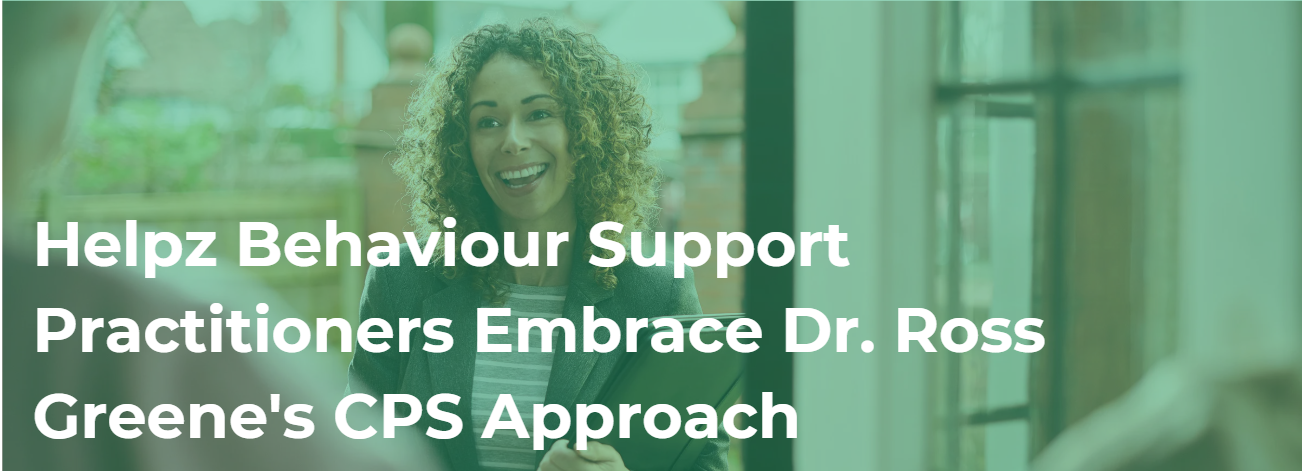Why a Holistic Approach to Employee Health is Even More Important During Economic Uncertainty

Right now, Australia is going through an economic crisis. This impact is far and wide and affects a whole range of industries, businesses, and organisations. Among these are those working in the Allied Health sector.
This BLOG will explore how the economic crisis impacts Allied Health employees. We will also look at how employers taking a more holistic approach to supporting people that work for them in this sector can be particularly helpful in combating the effects of these challenges.
The Economic Crisis in Australia: Stresses and Cost of Living
The most significant financial issue affecting Australians right now is inflation and the negative impact this is having on the cost of living. This high inflation rate can be attributed to several factors, including the impact of the Pandemic on supply chains and the Ukraine war.
Unfortunately, the rising cost of living impacts people's lives, affecting things like what they buy and where they shop when grocery shopping, whether they can take a vacation and where they can go, and even whether they can successfully manage their debts. And it is not just these decisions it is also how they pay for everyday basics, with a growing trend of Australians using buy now, pay later services for everyday essentials – increasing financial strain on households.
The current economic situation can cause psychological and emotional stress for Australians working just as hard but finding that their wages do not go as far as they used to.
Unique Challenges for Employees and Clinicians in Allied Health
Allied Healthcare workers, in particular, face some specific challenges brought about by the current economic challenges. The first is that despite the massive demand for healthcare workers, finding a stable position that pays well enough to live on can still be challenging.
Add to this that while Allied Healthcare is a hugely rewarding field in which to work, it can sometimes be stressful, as it requires a mix of emotional, mental and, in some areas, physical labour. With the additional stress of worrying about finances and whether they can cover their mortgage and car payments and still have enough for the next grocery shop, can strain employees in the sector further. This situation can often result in burnout, mental health concerns and an additional need for support.
A Holistic Approach to Employee Health
In response to these challenges and the need for increased employment support, Allied Health employers need to provide a more holistic approach. Taking a holistic approach means recognising that employees have a life outside the workplace and that things from their personal lives can impact their morale, resilience, and well-being at work. With that in mind, employers in the Allied Healthcare industry need to step up and do more to offer their workers a better work-life balance and a more flexible approach. Through initiatives such as wellness programs and offering more mental and financial health support, employers can help mitigate the impact of the Australian economic crisis on their teams.
Additionally, employers can help boost their workers' morale and motivation by ensuring they have access to professional development that allows them to grow and advance in their careers.
Our View of Essential Practices to Adopt
There are several specific things that organisations and employers in the Allied Health sector can do to minimise the impact of the rising cost of living on their employees. These include:
- Fostering a supportive work culture encourages people to communicate and share concerns when required. Training on active listening and empathy in the workplace can be beneficial, as can having the proper systems and space for employees to share suggestions and complaints comfortably.
- Ensure clear communication between employers and employees. This may include daily updates and clear expectations regarding what employees are expected to do in their roles and how they are expected to perform their duties; this can remove any uncertainty that may lead to further stress.
- Help employees achieve a better work-life balance by promoting flexible working schedules, with plenty of time for rest between shifts and appointments, and additionally offering remote and working-from-home opportunities where suitable.
- Run employee assistance programs that offer education and support from trained professionals, like a lunch and learn with financial advisors and access to counsellors for assistance on various mental and financial health issues.
- Invest in employee growth by offering career development and training. By providing training and development, you can improve morale, help employees feel more valued and secure in their roles, and boost performance and engagement. It also promotes opportunities for employees to increase their earning capacity.
Here at helpz we truly believe a holistic approach to employee well-being can help everyone thrive. The positive work environment we have created promotes well-being and resilience in our team, and with everyone's collaboration, we continue to develop and improve how we support them.
Final thoughts
Despite the increasing impact the economic crisis is having on Australians across all industries, there are things that employers can put in place to lessen the effects on their teams. This primarily means taking a more holistic approach to support their employees by offering them opportunities for work-life balance, development and progression and supporting their mental and financial health.
We as employers in the Allied Health sector must be proactive about being more supportive and flexible, and by doing this fostering more resilience in our employees to be able to manage the challenges that the current economic climate brings. Not only for the continued well-being of our workers during this difficult time but also to ensure the high quality and continued availability of care for our participants.
News & Insights
Check Our Latest Resources







